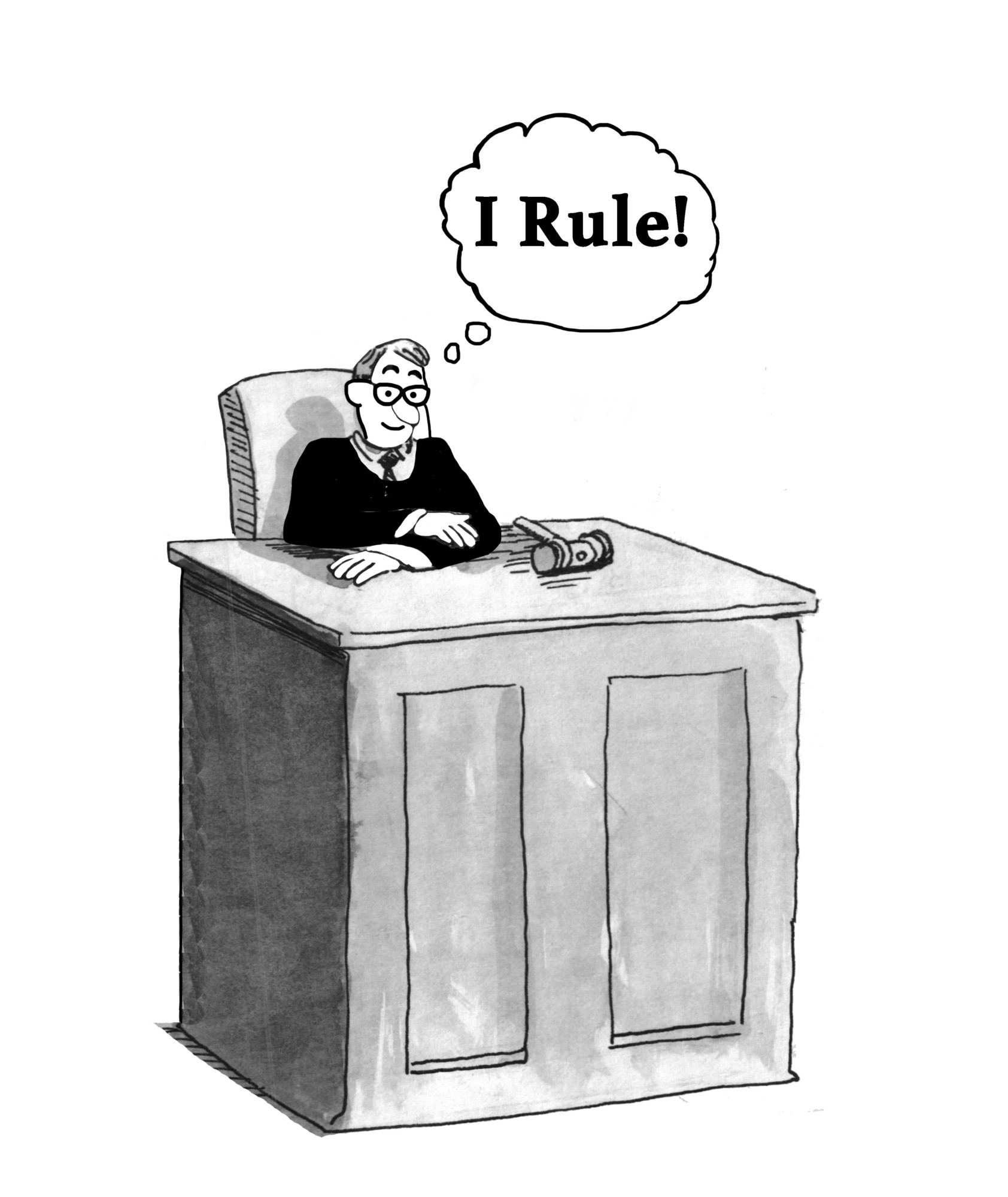Table of Contents Show
In some real estate purchase contracts, it’s possible to come across the phrase “time is of the essence.” Usually proceeded by a specific date. This type of legal wording is different from the usual “on or about” when stating the closing date and can have highly unpleasant repercussions when misunderstood. So what exactly does it mean, and what are the implications for both parties in a real estate transaction?
The closing date in real estate contractsThe closing date in real estate contracts
In most property sale contracts, the closing date is an approximation rather than a specific deadline. For example, the words “on or about Aug 30” mean just that. The exact closing date can occur at any time, usually 30 days before or after this date. Allows for a little leeway for both buyer and seller as both parties may have some final things to settle, for instance, Co-op board approval or final renovations. But this can change when the contract includes or implies the “time is of the essence” clause.
The clock is ticking.The clock is ticking.
The “time is of the essence” clause is a phrase in the purchase contract to remind all parties that the clock is ticking. Failure by one or the other party to close at or within that date can breach the contract and be subject to legal litigation. To be valid, the wording must clarify that failure to close after that date will constitute a breach of the contract. The contract need not state the specific words “time is of the essence” to have legal effect. Provided the notice gives a particular date and warns that failure to perform on that date will default.
It’s sporadic to see it in the original contract of sale. If included, both parties must agree on it to be valid beforehand. It pops up more commonly if one party misses the closing date. The other party’s lawyer can then send a “time is of the essence” notice to close on a new date. Provided they give a reasonable adjournment period.
Such notice will supersede the actual contract and can be sent by either party. Failure to close by the date given can result in forfeiture of the down payment in a buyer’s case. Sellers can be sued for the return of the down payment and any costs incurred by the buyers for the delay.
Time is of the essence of New Developments.Time is of the essence of New Developments.
Buyers face some difficulties with this when it comes to new constructions. (Buildings that have yet to finish construction or are not approved yet for occupancy). However, so long as a Temporary Certificate of Occupancy has been issued, an offering plan declared effective; a sponsor can issue a “time is of the essence” notice.
The problem this presents for buyers is that they can often be given the notice out of the blue after signing the contract months or even years before. Depending on how your attorney has negotiated the deal, you may have the right to adjourn for ten to fifteen days. A buyer should be ready to close once the building has completed construction; they have received a Temporary Certificate of Occupancy. They have had the offering plan declared effective. The sponsor can then send a” time is of the essence notice” with as little as 30 days to spare.
Final ThoughtsFinal Thoughts
In general, a “time is of the essence” clause is more beneficial for the seller than the buyer as they have the assurance that there will be no delay. But it can also cause problems for sellers as the contract may require that they have a certificate of occupancy or have made certain repairs before the sale can occur. If they cannot close on the “time is of the essence” closing date, they can be deemed default and liable for damages. As such, it’s better to hold off on including the clause unless as a last resort.

